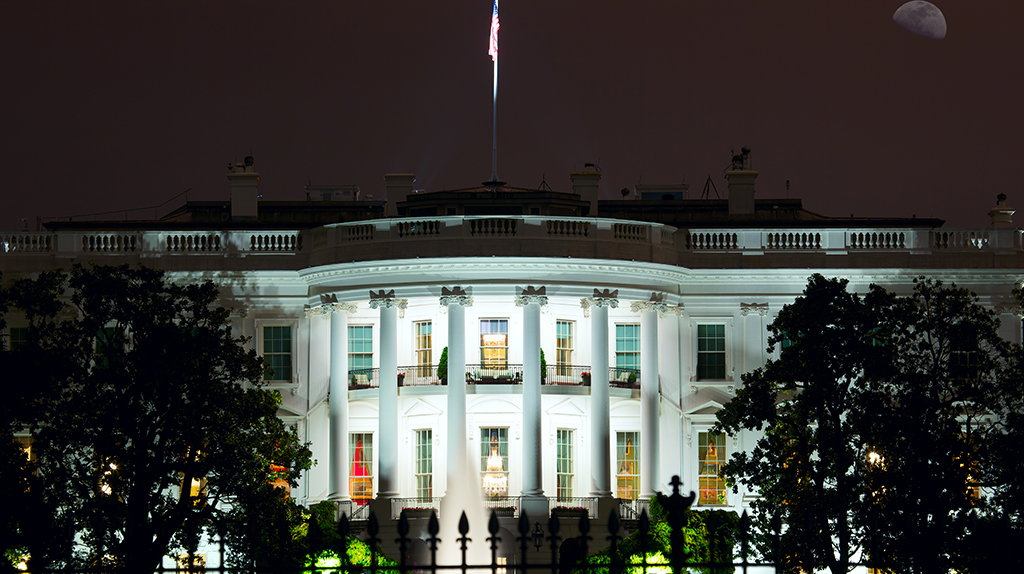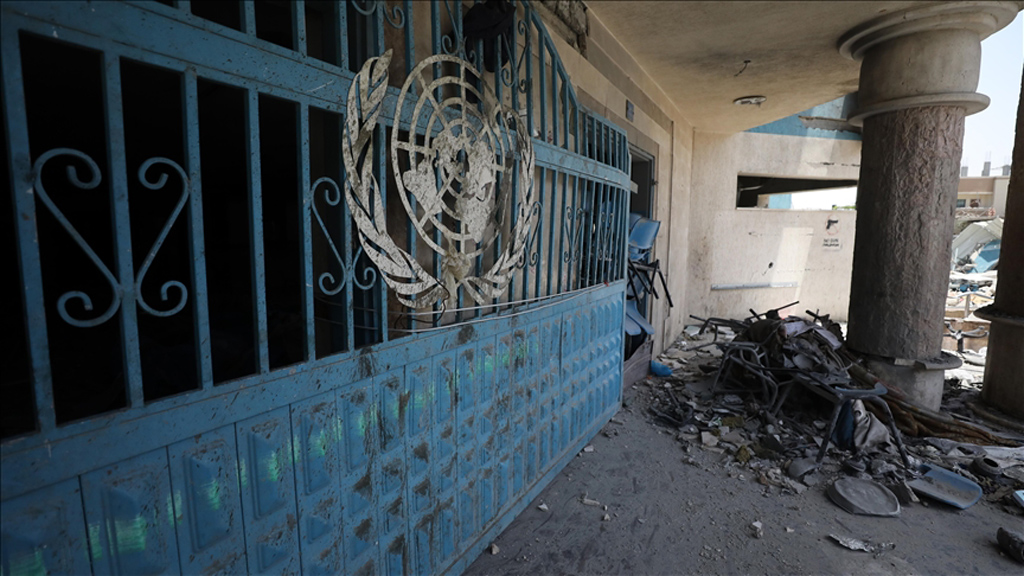On the last night of the democracy watch on August 10, President Recep Tayyip Erdoğan gave a clear message to Washington regarding the extradition of Gülenist Terror Cult (FETÖ) leader Fethullah Gülen: "Turkey or FETÖ."
This message constitutes a call to an ally country from a statesman who knows that the fight against FETÖ cannot be finalized as long as Gülen stays in Pennsylvania.
It is obvious that Gülen's extradition will alleviate the rising anti-American sentiment in Turkey and erase the idea that the U.S. might have been behind the July 15 coup attempt.
Despite that, Washington is likely to extend the process by insisting on solid evidence.
It does not intend to consider the dichotomy of the "Turkey or FETÖ" call.
While an attempt to heed Ankara's call for extradition is not expected from the U.S. government, it remains unknown what Democratic presidential nominee Hillary Clinton will do if she is elected president in November.
It is known that Gülenists advocate for Clinton and seek to prove to the circles in Washington that they are still helpful.
Meanwhile, Gülen continues to give the impression of a reasonable and moderate man to the world.
Recently, in an article he wrote - or made someone write - for Le Monde, he refuted the allegations of being behind the coup attempt and also demanded an international committee examine the indictments on him.
He wrote: "If one-tenth of the accusations on me are proven, I swear I will return to Turkey."
There is no need to question which democracy opened a coup investigation or a terrorism trial to the intervention of international commissions so far.
Gülen's remarks only aim to preserve the support he enjoys in the West and create the impression that he is innocent among his base that is still loyal to him. He is only stalling for time.
His extradition will continue to be a complicated subject in Turkey-U.S. relations.
The critical question is why the parties are so insistent.
The short answer is that Gülen means more than just an offender or terrorist leader both to Turkey and the U.S.
To answer in a more detailed way, when looked at from Turkey's perspective, there are significant reasons to bring Gülen to justice since he is responsible for the atrocious coup attempt in which 240 citizens were killed and around 3,000 were injured.
But the matter does not end here.
Turkey has to seize Gülen for two main reasons.
The first is that the public now knows that FETÖ, which has a secret intelligence network, can engage in extreme and radical actions.
As long as Gülen finds shelter in the U.S., FETÖ will continue to motivate its base to organize new assaults.
Even though the structure is completely eradicated from critical state institutions in Turkey, it might recreate itself in more twisted forms.
However, with Gülen's death or extradition, FETÖ would be dissolved and its members would be reintegrated into society by recovering from their twisted beliefs.
The second is that even though Gülen lost his power in Turkey, he still has the power to organize his base as a dangerous diaspora around the world.
As opposed to al-Qaida's wide framework of anti-Westernism, FETÖ's focus would be on the anti-Turkey line, which is a much more specific target.
This situation will create many long-term problems for Turkey that cannot even be compared to the Armenian diaspora.
For these two reasons, the U.S. will have tense relations with Turkey as it keeps rejecting Gülen's extradition on the grounds of legal proceedings.
For Washington, the marginal benefit of the Gülen project is not used up yet.
Even though the moderate Islam story turned into a violent and heretical terrorist organization in Turkey, FETÖ's worldwide network is much more valuable in the aftermath of July 15.
A Muslim organization that only belongs and is faithful to the U.S. can now be manipulated for many aims.
For Washington, keeping the desperate leader of a group that is said to be organized in 140 to 170 countries, according to rumor, must enable a trump card with a high price.
[Daily Sabah, August 16, 2016]









